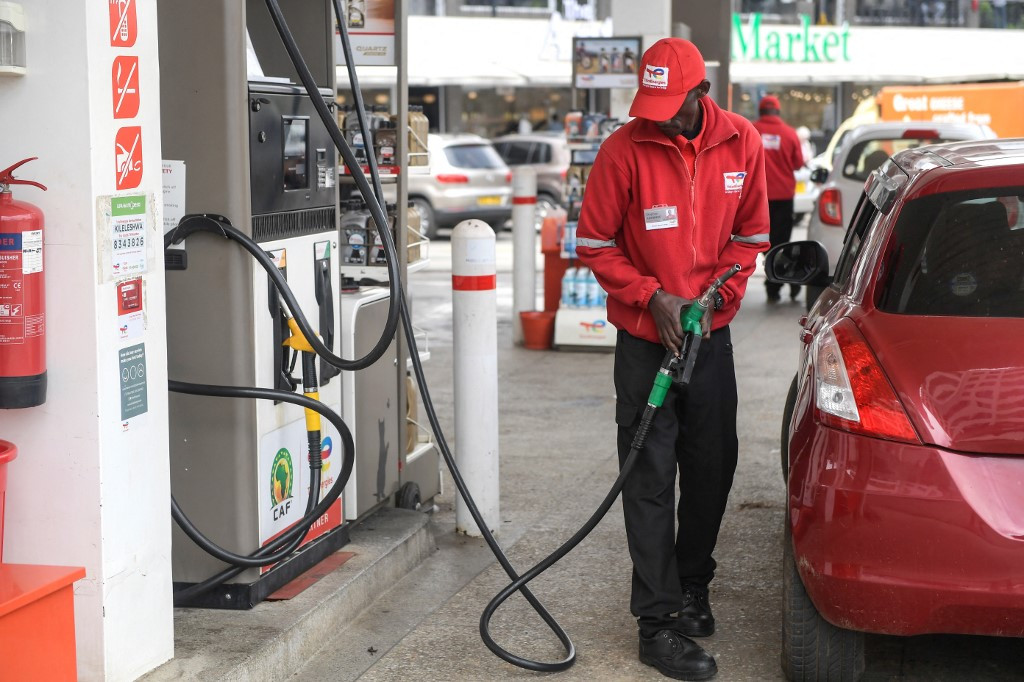TIFA Poll: Public Concerns Rise over Tax Hike on Fuel and Basic Commodities in New Budget

By Kelvin Majangah
The tax hike on fuel and essential goods, as well as the introduction of the housing levy, have been identified as the most unfavorable provisions in the recently implemented budget.
A survey conducted by TIFA reveals that supporters from both the pro-government and pro-opposition camps are concerned about the increased value-added tax (VAT) on petroleum products and its impact on the already soaring cost of living.
Among President William Ruto’s supporters, 25 percent view the VAT increase on fuel from 8 to 16 percent as the worst provision, while 8 percent oppose the Affordable Housing tax, and 5 percent are against any form of tax increase.
TIFA Research Analyst, Tom Wolf, stated on Tuesday that there is little difference in the views of government and opposition supporters, as both consider the rise in VAT on petroleum products as the “worst” provision. However, the main distinction lies in the fact that a higher percentage of government supporters failed to identify any provision as the “worst” (opting for “none”), compared to the opposition (47% versus 34%).
Among opposition supporters, 28 percent disagree with the fuel VAT increment, while 13 percent disapprove of both the removal of basic food subsidies and the implementation of the affordable housing levy.
survey findings indicate widespread agreement among Kenyans across the political spectrum on the best provisions of the new budget, highlighting educational support and subsidized farm inputs as key positives.
TIFA notes, “The only notable difference is that a higher percentage of opposition supporters are unable or unwilling to mention any provision they consider to be the ‘best’ (82% versus 71%), which also highlights that even among government supporters, more than two-thirds fail to find anything positive in it.” Additionally, the survey reveals diverse perceptions among Kenyans regarding the main purpose of the new 2023-24 budget.
The most widely held view is that the budget aims to increase government revenue, although this sentiment does not exceed one-third among any group. Government and opposition supporters exhibit some differences, with twice as many government supporters viewing the budget’s main purpose as development and service delivery compared to the opposition (18% versus 9%). However, nearly three times as many opposition supporters believe the main purpose is to enable corruption.
President William Ruto’s administration aims to generate an additional Sh50 billion from fuel taxes.





